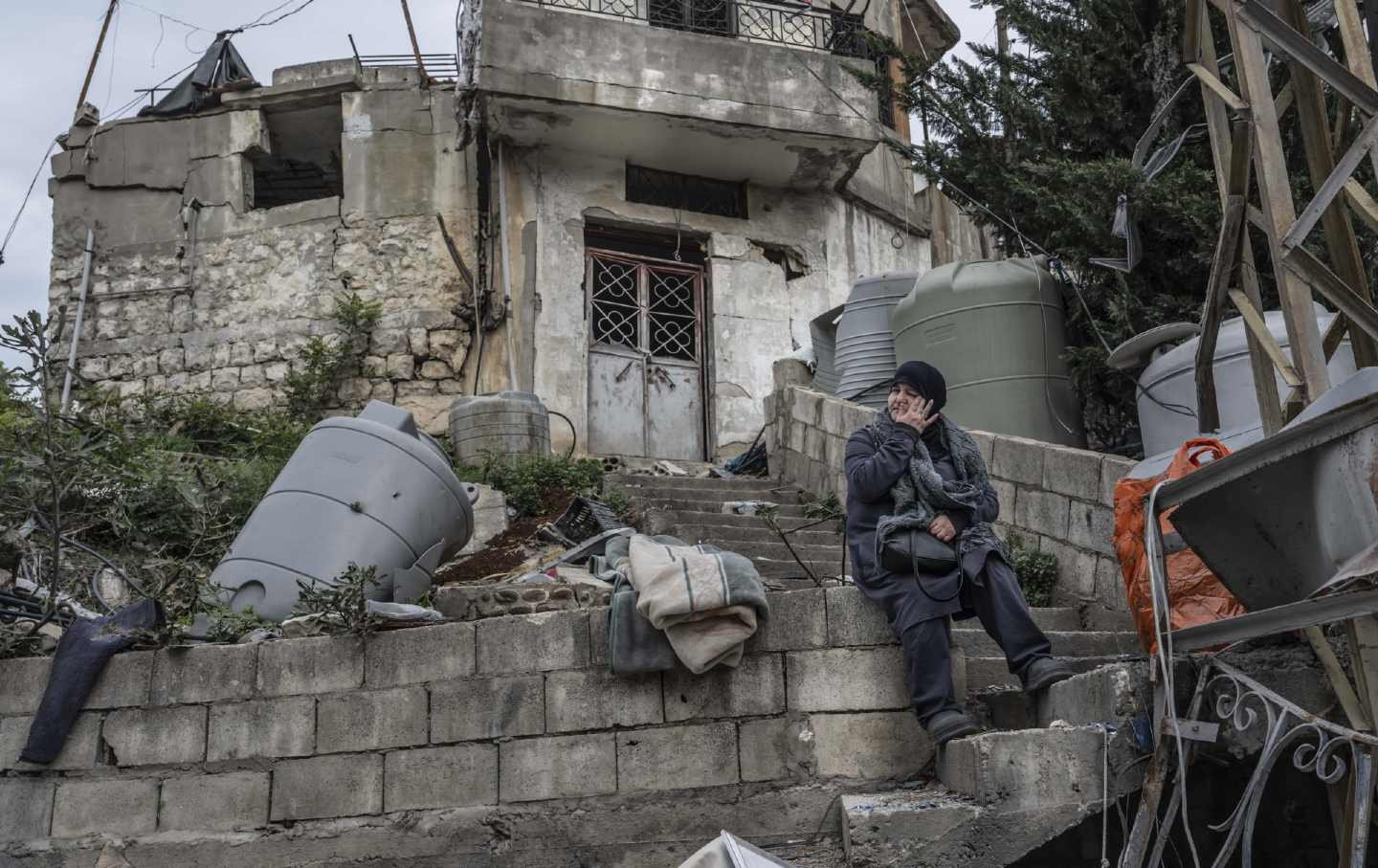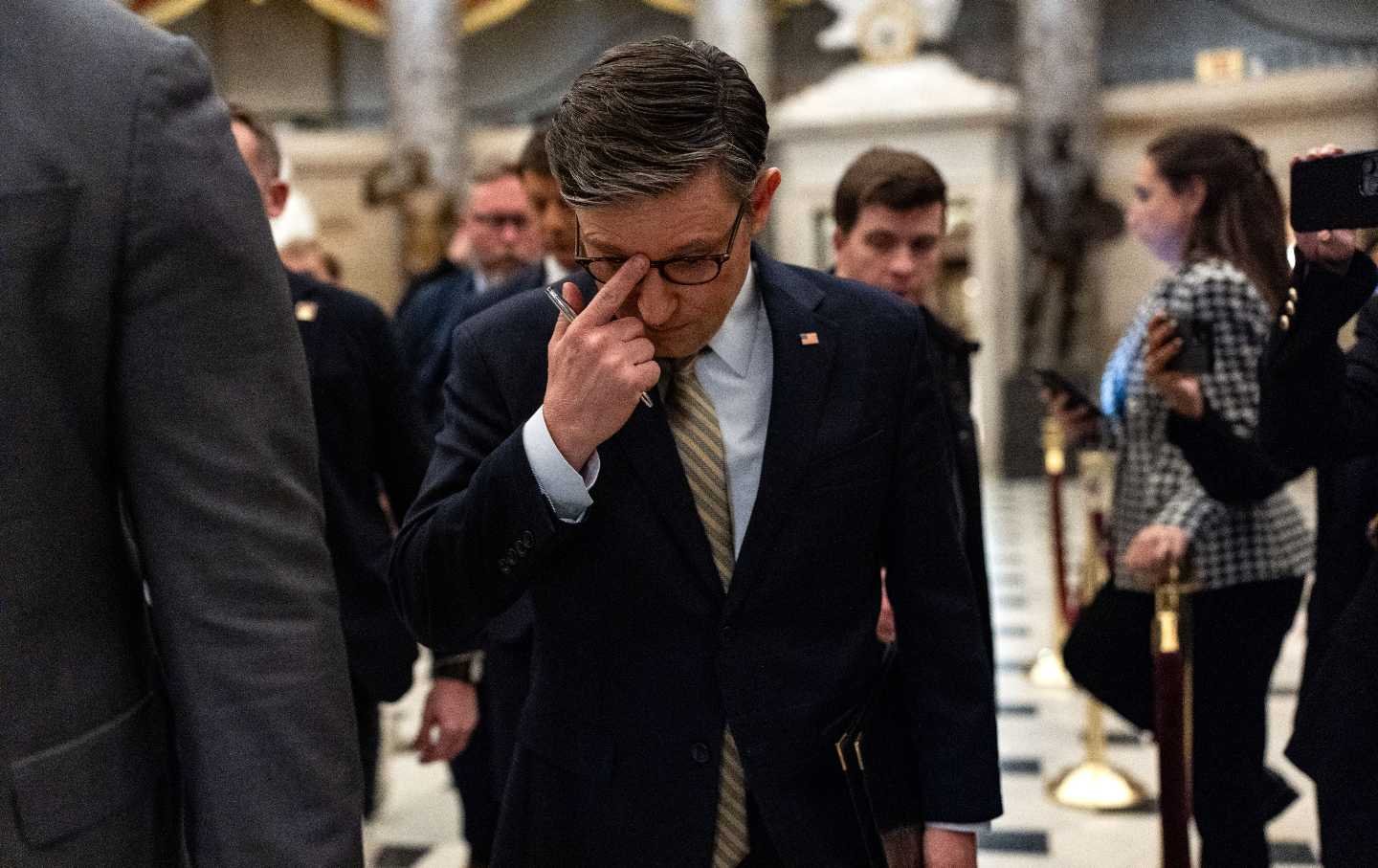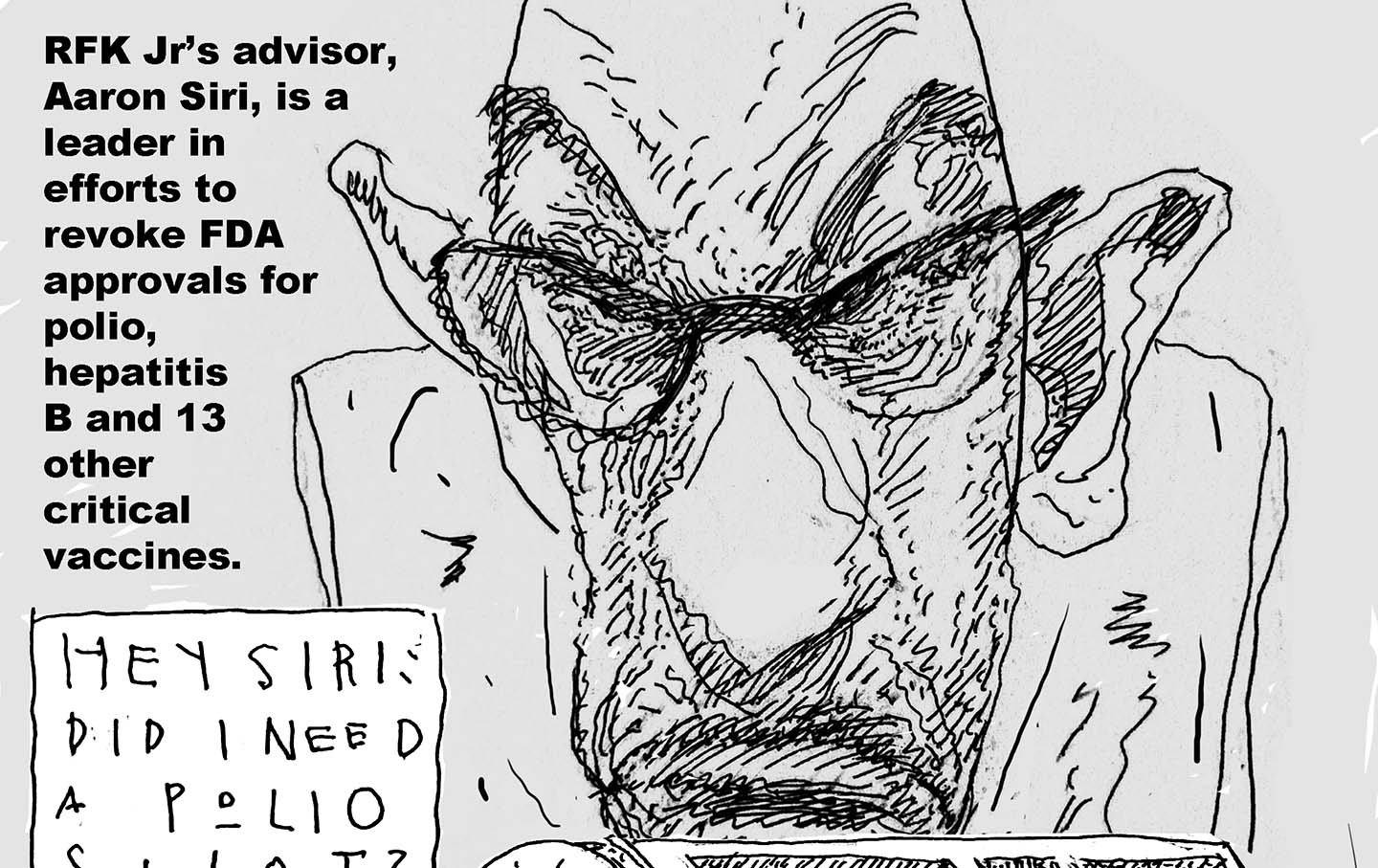Remark
/
December 16, 2024
If historical past is any information, the most recent Lebanese ceasefire could properly have damaged down by the point you learn this.
Each time I hear the phrase “ceasefire” about Lebanon, I attain for my stopwatch. Through the first part of the civil conflict there, in 1975–76, we might give numbers to every successive ceasefire. Our tally ran out of steam after 100.
Every time, one thing—a Christian boy relationship a Muslim boy’s sister, a automotive theft, a drug deal gone mistaken, flying a celebration flag within the mistaken neighborhood—would kick-start a recent wave of violence. One among Beirut’s early entrance strains was a avenue between Christian and Muslim neighborhoods. Western journalists—of whom I, as a younger stringer for varied publications and radio networks, was barely one—left the St. George Resort bar lengthy sufficient to look at exchanges of fireside, decide up a number of quotes, collect some shade, and file in meal time. Then we might anticipate the subsequent ceasefire.
The combating escalated with the introduction of artillery and snipers, whose favored targets appeared to be girls and youngsters. There was a interval when the violence paused on the finish of every month. It took us some time to appreciate why: It was payday for the militiamen, who held their hearth lengthy sufficient for the banks to reopen. Checks cashed, they began firing once more. I’m not making this up.
Lebanon’s conflict has taken many kinds since then: Israel in opposition to the Palestine Liberation Group; Maronites in opposition to different Maronites; Maronites versus Druze; a faction of the Lebanese Military in opposition to the Syrian Military; the Shiite Amal militia in opposition to the Palestinians; Israel versus Syria; and the recurring battle between Israel and Hezbollah. The one fixed is the ceasefire: a false promise of peace that provides the belligerents an opportunity to regroup and rearm.
This historical past of damaged truces gives the backdrop for the most recent cessation of hostilities. Israeli and Lebanese officers signed their first ceasefire on March 23, 1949, on the seaside border village of Ras Naqoura. Lebanon had performed a desultory half within the 1948 conflict, whereas Syria, Transjordan, and Egypt had fought extra significantly. The United Nations’ Normal Armistice Settlement stipulated that Israel and Lebanon might place not more than 1,500 troopers inside 10 miles of their respective borders. That armistice held till 1967, when Israel conquered the West Financial institution from Jordan, the Golan Heights from Syria, and Gaza and the Sinai from Egypt. These conquests nullified the 1949 armistice strains between Israel and the three belligerents. Israel abrogated its armistice with Lebanon as properly, despite the fact that Lebanon had not taken half within the conflict. That left the border in authorized limbo.
Subsequent got here Lebanon’s 1969 Cairo Settlement, which ceded management of the south to the Palestine Liberation Group. PLO commandos had been left free to pursue their “armed wrestle” with the purpose of returning refugees to the properties from which Israel had expelled them in 1948. Palestinian militants—who fled from Jordan after their Black September 1970 defeat by the hands of King Hussein’s military—made their headquarters in Lebanon. Israel invaded Lebanon in 1978, 1982, 2006, and 2024. Every invasion ended with a ceasefire—normally mixed with toothless UN resolutions. In 1978, UN Safety Council Resolutions 425 and 426 established the UN Interim Drive in Lebanon (UNIFIL) “to verify the withdrawal of Israeli forces from Lebanon, restore worldwide peace and safety, and help the Lebanese Authorities to revive its efficient authority within the space.” The Palestinians and Israelis, nevertheless, continued combating, regardless of the presence of a mean of 10,000 UN troops from as many as 48 nations.
Present Problem
Israel put an finish to that, and to the PLO presence in Lebanon, with its 1982 invasion, imposing a recent ceasefire with the Might 17, 1983, settlement, which referred to as for Israel’s withdrawal from Beirut and for cordial relations—virtually a peace treaty. Syria and its Lebanese allies fought to reverse the accord, forcing Lebanon to revoke it. Israel remained in southern Lebanon, the place it confronted armed resistance from the newly fashioned Hezbollah and different Lebanese militias till 2000, when Israel withdrew and Hezbollah assumed efficient management. Israel invaded once more in 2006, which led to a different ceasefire—and one other unenforced UN decision: 1701. Battle continued, culminating in Israel’s decimation of Hezbollah in late 2024, one other invasion, and sure, one other ceasefire.
The newest ceasefire requires an finish to “offensive” navy operations and the deployment of 10,000 Lebanese Armed Forces troops within the south. The LAF has solely 60,000 infantry troops—far fewer than Hezbollah or Israel. For 10,000 of those to try to confiscate Hezbollah’s weapons is fraught with hazard. As a outstanding Lebanese analyst defined, “Disarmament efforts, whether or not negotiated or compelled, danger igniting sectarian battle and undermining Lebanon’s fragile stability.” “Sectarian battle” is code for civil conflict.
The LAF additionally has to guard in opposition to jihadi infiltration from Syria. Israel’s strikes in opposition to Syria in 2024 weakened Iran and the federal government forces in Syria sufficiently for the Islamists of Hay’at Tahrir al-Sham to overcome Aleppo and Damascus. Within the meantime, Israel continues to bomb Lebanon, and Hezbollah has shelled northern Israel.
Brace your self for the subsequent ceasefire.


